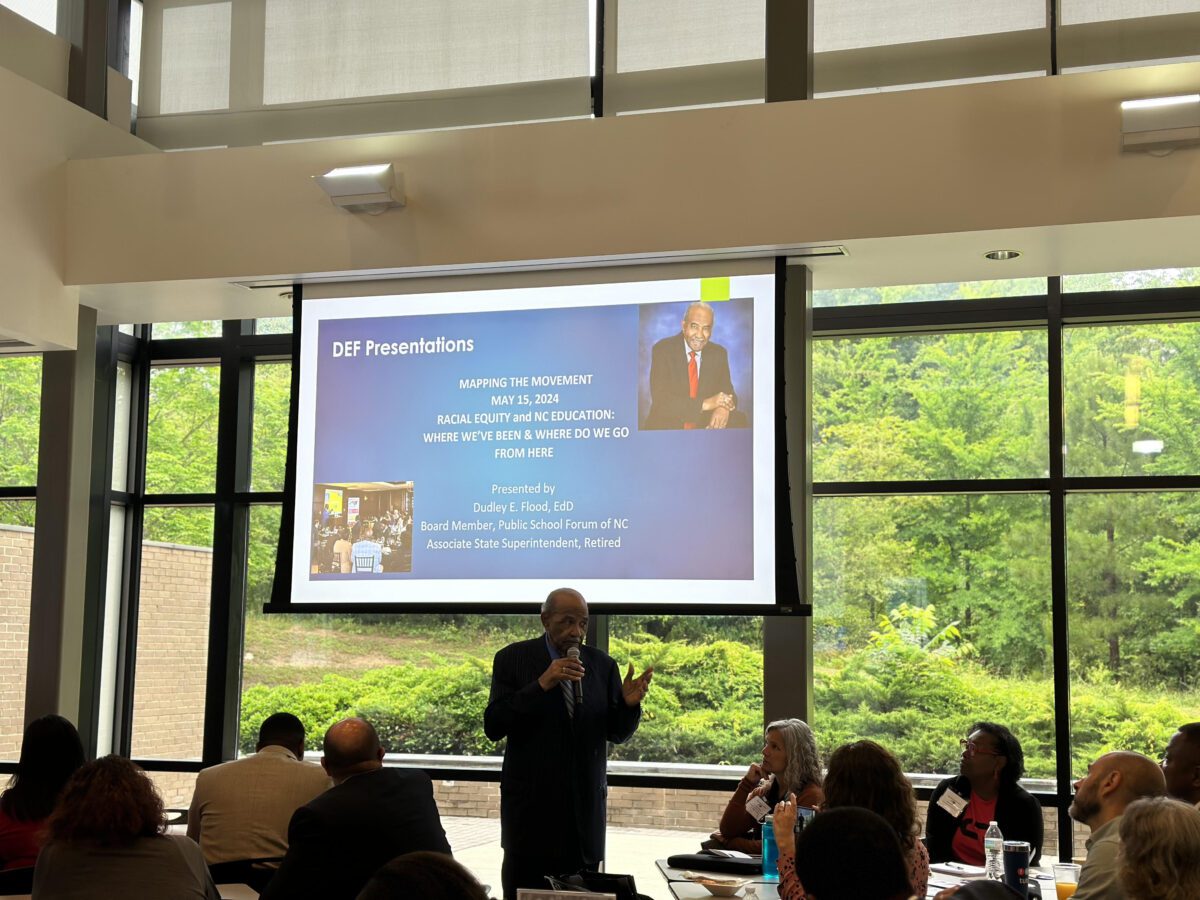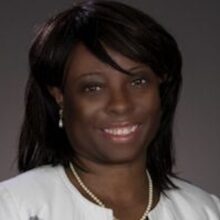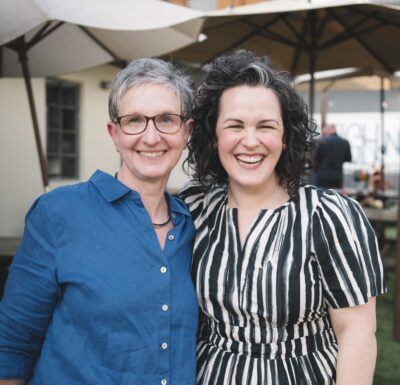
|
|
“I just thought that was the most noble contribution you could make to human kind, was to be a teacher.”
Dudley Flood
“Those who can, do; those who can’t, teach.”
George Bernard Shaw
Dudley E. Flood is not alone in his reverence for teachers, and George Bernard Shaw was not alone in his derision of the profession. While noble and revered, teaching is also a profession that has been deeply unappreciated. Is it any wonder, then, that it has been so hard to attract and retain teachers whose practice is both ambitious and equitable?
In North Carolina — like many states across the nation — the recruitment and retention of quality educators remain a pressing concern. One way North Carolina can address recruitment and retention efforts is by committing to the recommendation in the Leandro Comprehensive Remedial plan which calls for, “A system of teacher development and recruitment that ensures each classroom is staffed with a high-quality teacher who is supported with early and ongoing professional learning.”
Professional development to recruit and retain
Consistent professional development that centers history, creates space for ingenuity and change through examining biases and one’s responsibility to remove barriers to student success is necessary to recruiting and retaining educators. Applying a consistent Framework for Change grounded in care and guided by principles of dignity, respect, and well-being is critical to supporting educators — and ultimately the students they serve every day. Teaching is a profession and unlike other professions, the professional development needed to create thriving environments is not prioritized; instead priority is given to quick fixes that sustain inequities.
One of the foremost strategies in retaining teachers is to increase support for their professional growth and well-being. Too often, educators experience professional isolation, feeling disconnected from their peers and lacking the support needed to navigate the complexities of the classroom. To address this, it’s essential to create opportunities for educators to come together, share experiences, and collaborate on best practices. Building communities of practitioners who are on the same journey fosters a sense of belonging and collective efficacy, empowering educators to tackle the challenges of teaching and learning with confidence.
Dudley Flood Center’s Framework for Change
During professional development sessions using the Dudley Flood Center’s Framework for Change, educators explore the concept that brilliance is equally distributed, but opportunity is not. They grapple with the implications of this idea for their practice, and work collaboratively to develop strategies for creating more equitable learning experiences for their students.
By leveraging their professional knowledge and expertise, teachers brainstorm innovative approaches to providing every student with the support and resources they need to reach their full potential. Teachers receive support in making arguments grounded in substantive evidence and data. They advocate for several key components, including:
- School orientations marked by sufficient time to meet with a guidance counselor and/or social worker, and to have choice in schedule and classes.
- Skills assessments, including diagnostic testing, to determine what students know and can do, and using these findings to inform school decisions.
- Empathy interviews to give students opportunities to share their stories, values, desires, and needs.
- Incorporating texts and passages with cultural references so that students can feel seen and heard, and thus comfortable sharing and participating in classes.
Following the sessions, participants provided feedback as they reflected on what they learned:
- “ We went from strengths, to pedagogy, to student advocacy.”
- “Addressing an inequity using the Dudley Flood Center Equity Toolkit Questions.”
- “Seeing through new equity lenses!”
- “An updated mindset into what I am doing right by my students in my classroom and what I can enhance even further.”
- “Take strengths and create ways to support, rather than always looking at weaknesses.”
As we seek solutions to recruitment and retention challenges, it’s imperative to recognize the pivotal role that equity-centered professional development plays in cultivating an inclusive and thriving educational environment. This work is part of the ongoing efforts of the Dudley Flood Center for Educational Equity and Opportunity, dedicated to advancing equity in education, which furthers the legacy of Dr. Dudley E. Flood to support educators, and leading to school environments that reflect the following characteristics:
- A community of learners.
- A high level of collegiality.
- A sense of mission.
- People are encouraged to take risks.
- A place where people want to be.
- A healthy respect for differences.
- Has room for philosophers; a growing of the mind. Changing the paradigm.
- Has a good amount of humor; humor with a purpose. Generating an atmosphere to break tension of the impactful work… a little bit of frivolity.
- Has a good balance between standards and level of anxiety.
- Has high expectations of and strong belief in children.
‘The most noble contribution’
Dudley E. Flood’s words encapsulate the profound impact that educators have on shaping the future. Teachers are the champions of change, the advocates for equity, and the architects of opportunity. We have a responsibility to support teachers’ excellence, to provide them with the resources, training, and community they need to thrive in their roles.
Ultimately, recruiting and retaining quality educators in North Carolina requires a concerted effort to prioritize equity-centered professional development and support. By addressing professional isolation, fostering communities of practitioners, providing release time for professional learning, and enabling educators to focus on their practice, we can create a more supportive and inclusive educational environment for all.
Together, we can ensure that North Carolina’s educators feel valued, supported, and empowered to make a difference in the lives of their students and communities.






